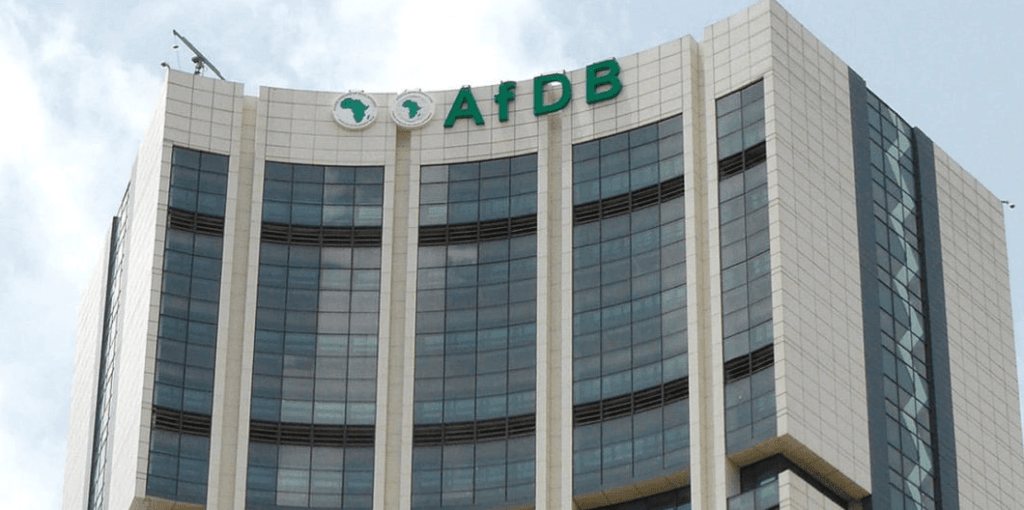Nigeria, AfDB, to tackle $4.9b food crisis, flag off $538m SAPZ project
AfDB building
Nigeria, AfDB, to tackle $4.9b food crisis, flag off $538m SAPZ project
* AfDB will spend not less than $2.2 billion as commitments for Phase 2.
* This is set to transform rural economies through Agro-industry processing.
Federal Government, in collaboration with the African Development Bank (AfDB), has flagged off the implementation of the Special Agro-Industrial Processing Zones (SAPZ) initiative, with Kaduna and Cross River States taking the lead.
The $538 million Phase 1 project, the largest ever investment by AfDB in any single African country, is a core component of the bank’s “Feed Africa” strategy.
This initiative seeks to revolutionise Nigeria’s agricultural sector by boosting productivity, creating jobs, and enhancing food systems through the establishment of modern agro-industrial hubs.
The SAPZ programme is being implemented in partnership with the AfDB Group, Islamic Development Bank, International Fund for Agricultural Development (IFAD), and the Africa Growing Together Fund. The groundbreaking ceremony is scheduled for April 8 in Kaduna and April 10 in Cross River.
Vice President Kashim Shettima and AfDB President, Dr Akinwumi Adesina, will jointly lead the inauguration, marking a significant milestone in Nigeria’s agricultural development journey and a timely intervention as Nigeria confronts mounting food insecurity challenges and seeks economic diversification.
According to the bank, SAPZs are designed to transform rural economies by clustering agro-processing industries in high-potential agricultural zones, complete with enabling infrastructure such as power, roads, irrigation and water supply. This model is expected to reduce transaction costs, enhance productivity and attract private investment into the agricultural value chain.
Adesina said with Nigeria losing billions yearly to food insecurity, the SAPZ initiative would represent both a developmental priority and an economic imperative targeted at transforming Nigeria into a global agribusiness leader by strategically leveraging co-financing and private sector expertise.
“The Special Agro-Industrial Processing Zone is about developing new economic zones across Africa close to where farmers are; these zones have enabling infrastructure like power, water, roads, irrigation and today, we’re investing over $3 billion in more than 11 countries,” he said.
He emphasised that true transformation could not be achieved without agricultural development, as agriculture directly impacts the lives of people at the grassroots level.
According to him, the first phase focuses on infrastructure development, institutional and business environment reform, and agricultural productivity enhancement, noting that the zones will be home to integrated ecosystems where farmers, aggregators, processors, and distributors operate side by side to boost output and create value-added products for local and export markets.
“Leading private sector partners will spearhead the design, development and operation of these zones, establishing a blueprint for sustainable agro-industrial growth,” he revealed.
The initiative will also catalyse SAPZ Phase 2, which aims to extend the programme to 28 more states. At the recent Africa Investment Forum in Rabat, Morocco, the AfDB secured $2.2 billion in commitments for Phase 2. However, lessons from the current phase are expected to streamline and accelerate subsequent rollouts.

